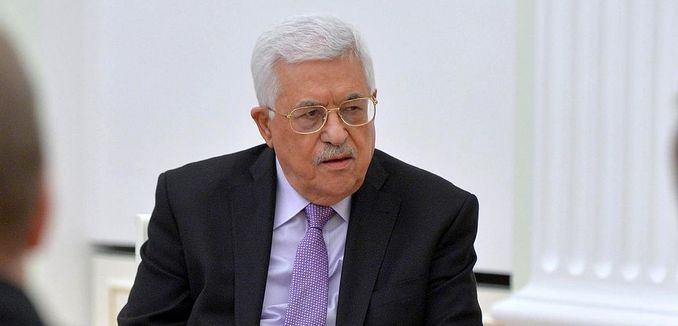Ireland’s National Museum recently removed Michael Collins’ cap from display. Who was Collins, and why are his cap and his fate relevant to the latest proposal for peace between the Palestinians and Israel?
After World War I, Ireland fought an unconventional war against the United Kingdom’s overlordship. Collins was an Irish Republican Army (IRA) leader and guerilla warfare strategist, who was part of the team sent to negotiate peace terms with the British. On December 6, 1921, negotiators from both sides signed an agreement under which 26 of the island’s 32 counties became the Irish Free State. In return, negotiators agreed that the six northern counties with majority unionist (i.e., pro-British) populations could opt out of the new state, and the Free State remained a dominion within the British Empire.
Collins knew that many of his comrades-in-arms would reject the compromise, in particular, partitioning most of Ulster out of the Free State and limiting its sovereignty by dominion status. After one of the British signers complained that he might have signed his political death warrant, Collins famously responded, “I have signed my actual death-warrant.” He was right.
Civil war broke out in Ireland six months later. After 11 months of fighting, the pro-treaty forces of the provisional government carried the day and set up what eventually became the Republic of Ireland, at a cost of 1,500-4,000 lives. Collins’ was one of them. He was assassinated on August 22, 1922, eight months after signing the treaty. His blood and brains spattered onto the cap he was wearing that day, which is why the cap was removed from the display.
Collins’ death and those of the civil war’s other victims were tragic but less so than the alternative. Imagine for a moment that Collins and his compatriots had not signed the treaty, that the war with the UK had gone on all over Ireland as it did in Ulster for 30 years (1968-1998)… and on… and on…
One need not imagine very hard because there is a case study available of just such a situation – namely, the Palestinians. On multiple occasions over the past hundred years, Palestinians have been offered a state of their own, on condition that they make hard compromises in return. Israel’s 2008 proposal by Ehud Olmert, and 2000 Camp David proposal, and the UN’s 1947 partition plan, all proposed final resolutions that would have created a Palestinian state alongside the Jewish state. (Another offer, the UK’s 1937 Peel Commission plan, proposed to create a Palestinian state united with Jordan.) The Palestinians neither accepted any of these offers, nor put forward any proposal of their own.
Why not? Former US Middle East envoy Dennis Ross suggested that Palestinian leader Yasir Arafat “could live with a process, but not with a conclusion… Our great failing was in not creating the earlier tests that would have either exposed Arafat’s inability to ultimately make peace or forced him to prepare his people for compromise.” What Ross seems to imply was that, at the end of the day, Arafat was not willing to compromise Palestinian claims, not willing to share the land, not willing to tell the descendants of Palestinian refugees that they could not “return” to Israel.
Was it purely personal opposition to making the necessary compromises, or was it fear of the consequences? Perhaps both. Arafat, and his successor Mahmoud Abbas, certainly remembered the fate of Anwar Sadat after he made peace with Israel. Perhaps they knew Michael Collins’ story, too.
Birthing a nation is dangerous, not least because it inevitably requires compromise, which may set the willing compromisers against their most extreme partisans. The Palestinian Authority’s ongoing failure to educate for peace — indeed, its opposition to doing so — is both symptom and cause of the strength of the anti-compromise camp.
Abbas has shown no more will to compromise than Arafat and has far more to fear from his more extreme flanks. Hamas does not recognize his leadership, and its covenant precludes compromise over land and calls for Israel’s obliteration. Palestinian Islamic Jihad likewise rejects a two-state solution and calls for eradicating Israel. Even if he were willing to compromise Palestinian claims, Abbas clearly has no intention of signing his own death warrant. And that’s what peace with Israel will probably take.
So, don’t expect Abbas to accept the current administration’s yet-to-be-revealed peace plan. Instead, expect the Palestinians’ conflict with Israel to go on… and on… and on…




